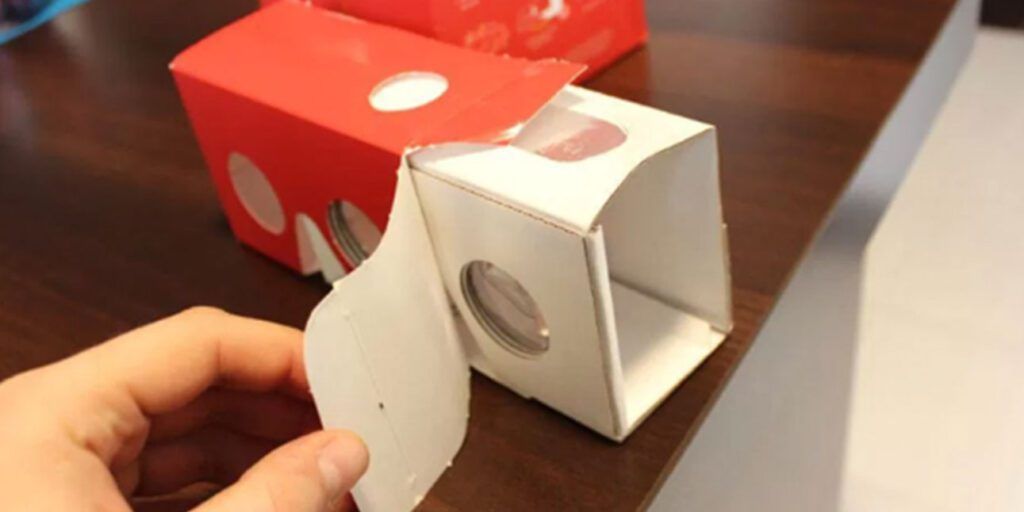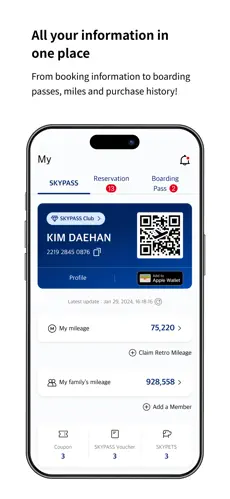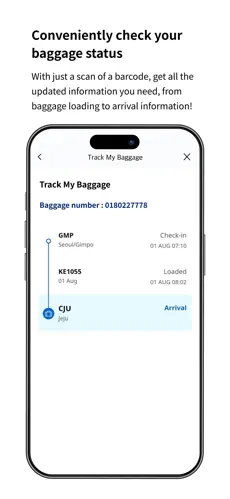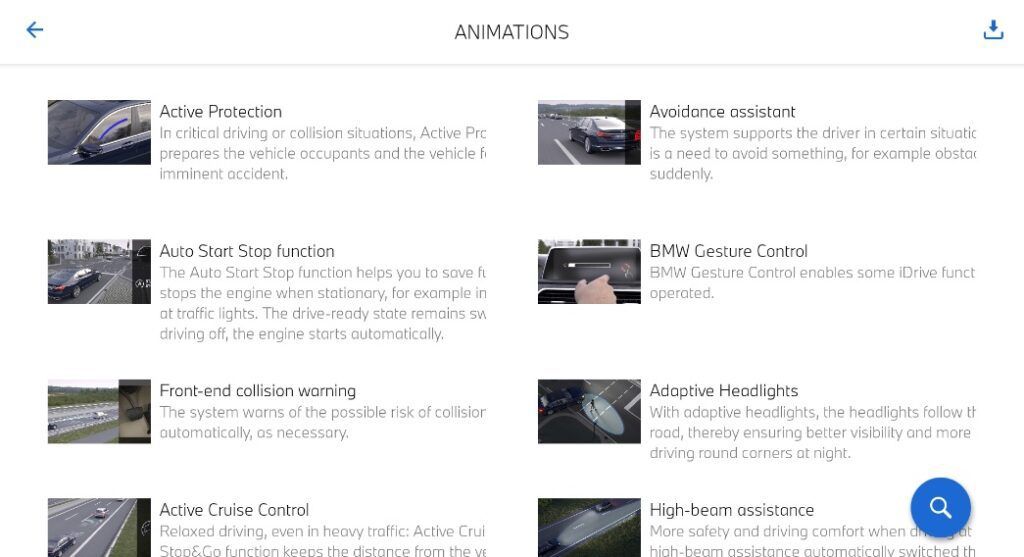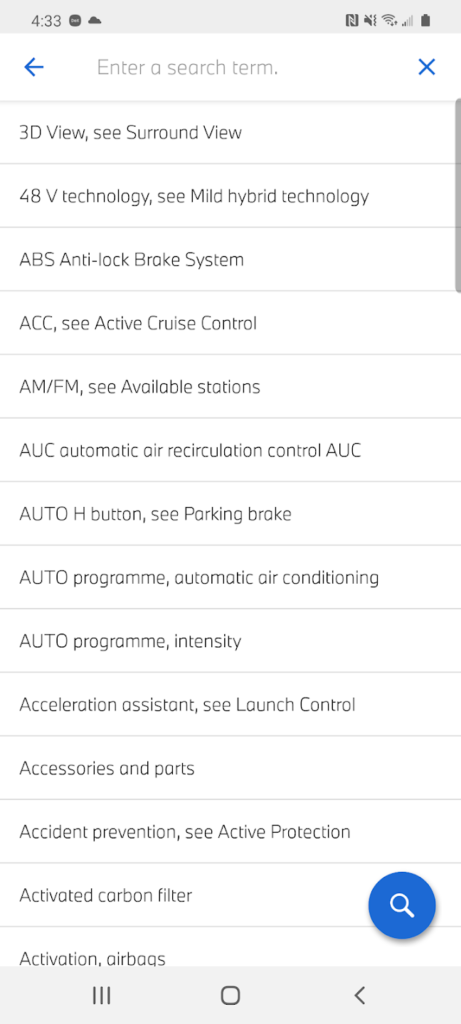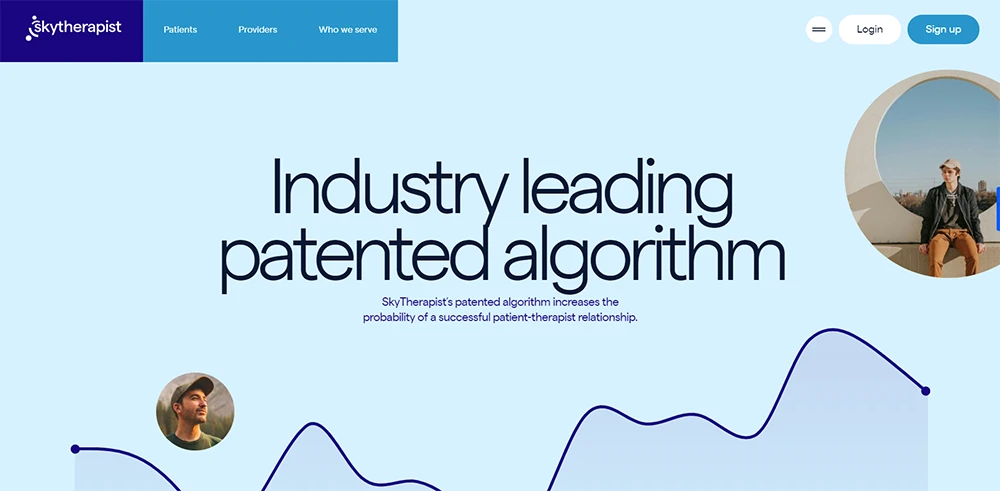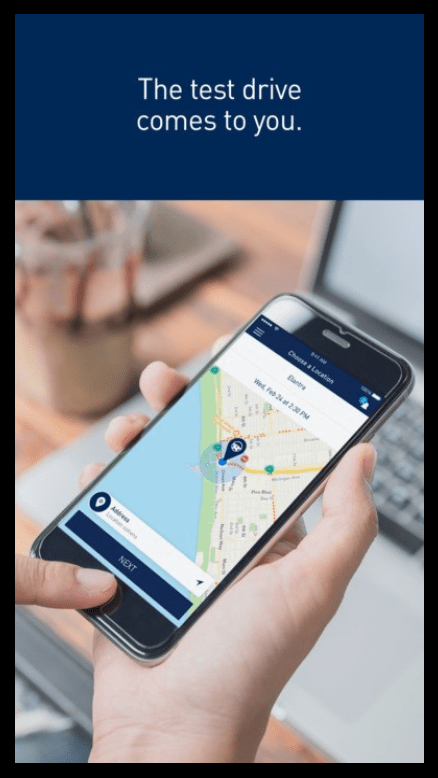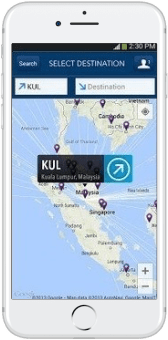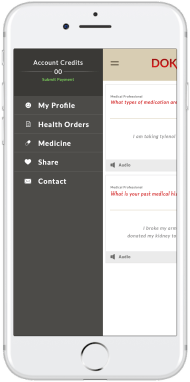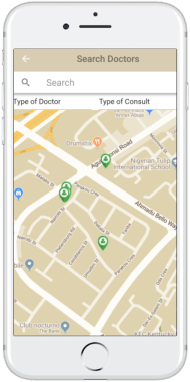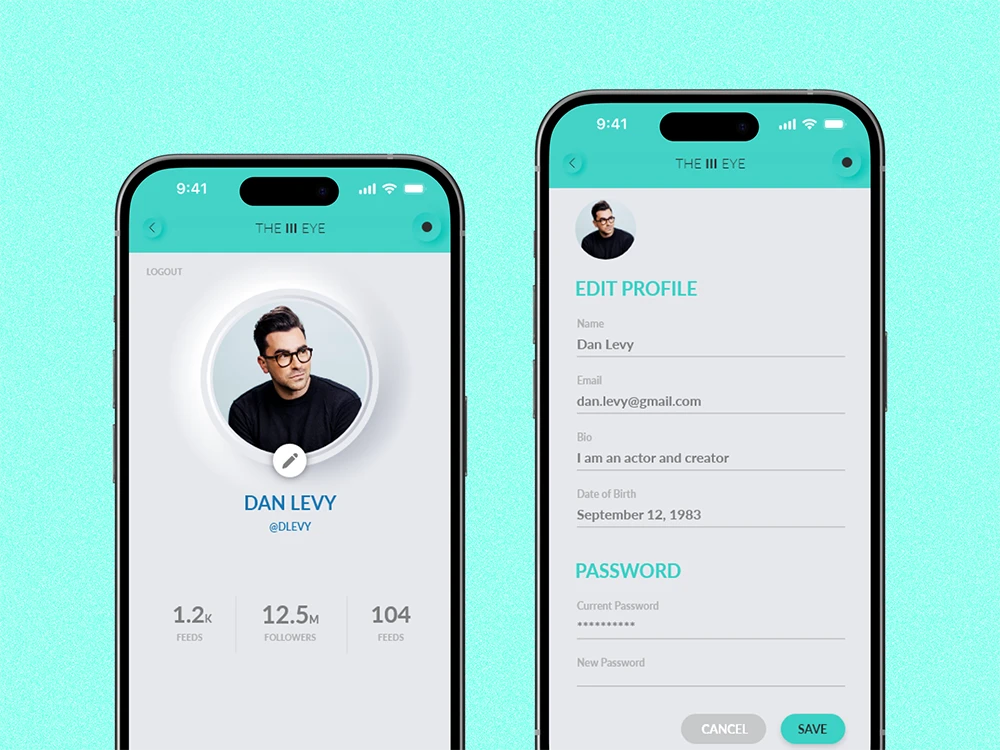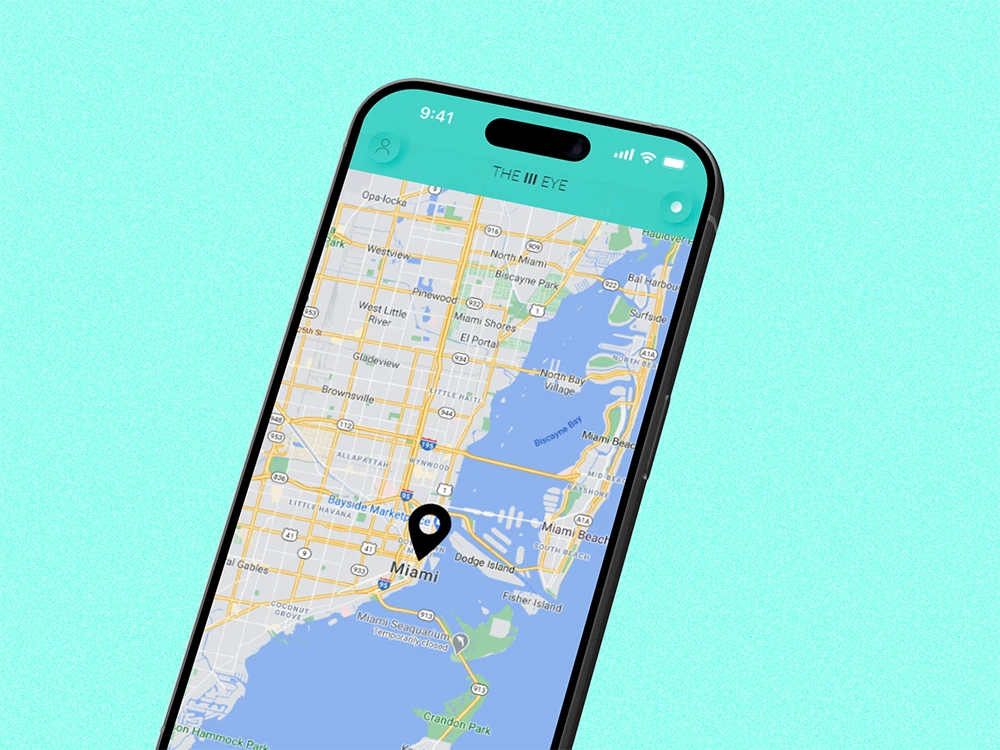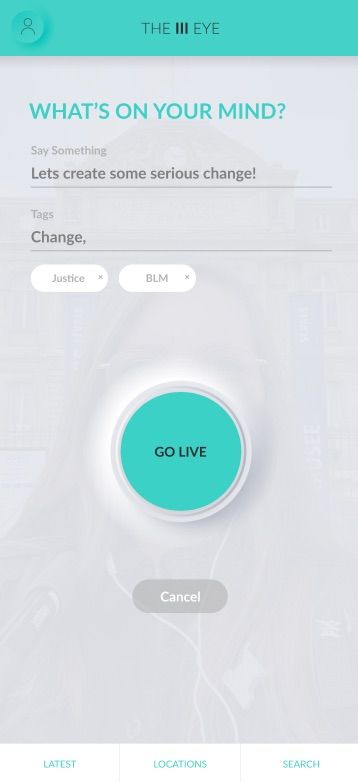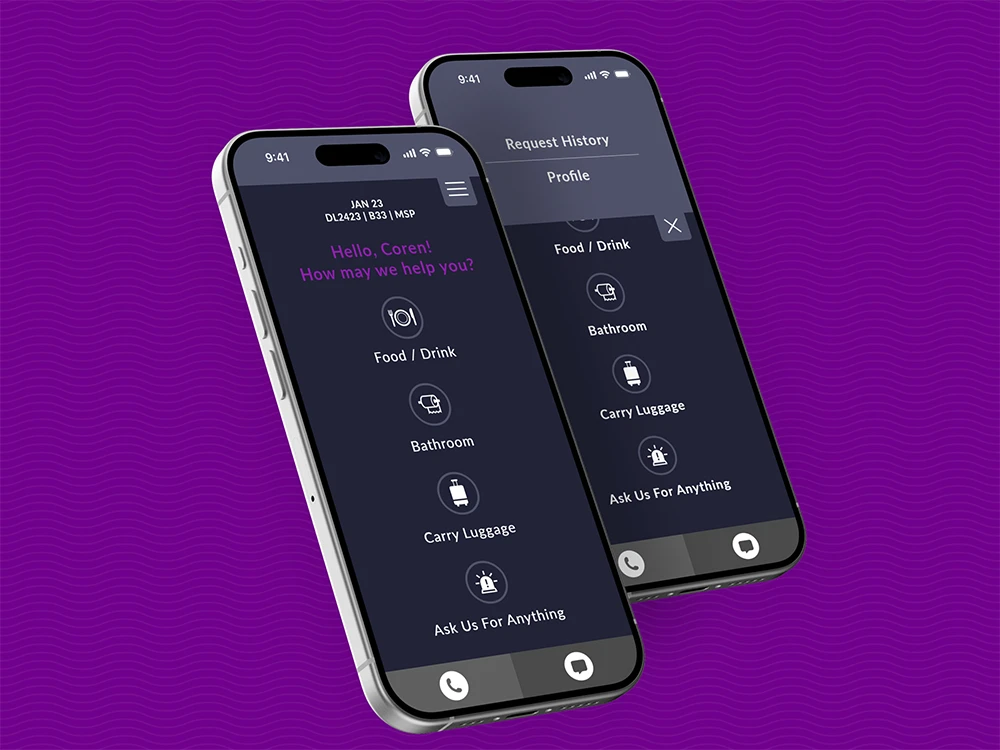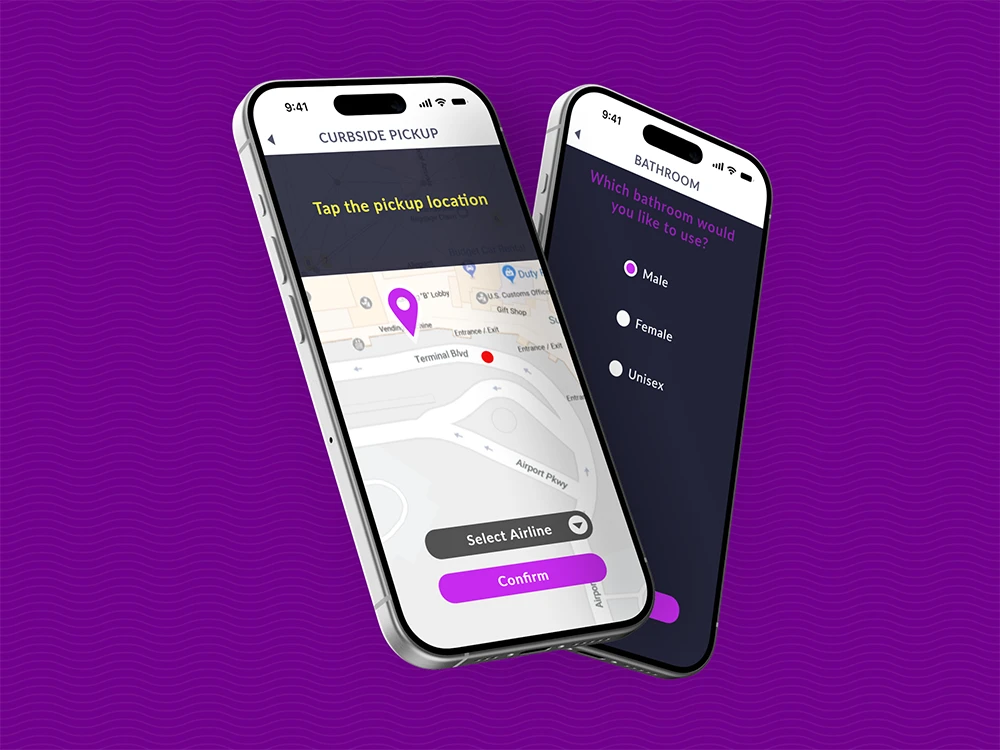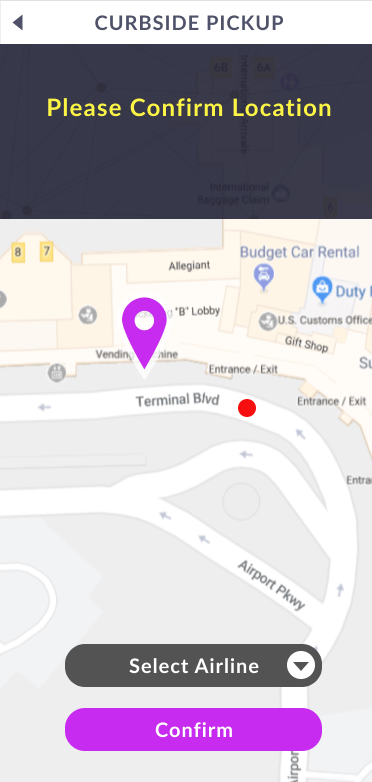Can Robots Run Your Business Better Than You?
In 1870, visitors to New York’s Equitable Life Assurance Building were greeted with a horrific sight. Instead of a hand-powered elevator, there stood, in the lobby, a fully automated moving room that would ascend the daunting six floors of the city’s tallest building…on its own. Most visitors promptly refused the elevator, making their way for the stairs. The overall consensus was that the experience was “ghastly,” “ghoulish,” and “unnatural.” So Equitable Life Assurance added a few touches. They put plush red carpet on the floor, a small chandelier atop, some music, and most importantly, a “lift man” to stand and push the buttons for people. Folks instantly warmed up to the idea. A few decades later, the lift man was obsolete and full automation had occurred. This is the state of small business automation today in America. Automation hides around every corner but small business owners haven’t truly assessed the risk because of the presence of human “operators.” Automated checkout threatens tellers, automated PillPicking, pharmacists. So is your business future proof or on the chopping block? Here are some examples of threatened and extinct small businesses:
Location Scouts: These firms, centered around the film industries in LA and NY make a dime by contracting out with film crews to find great locations for photoshoots and films. But automated solutions such as www.snapscout.com threaten to crowdsource the service and wipe out the middle man for good.
Status: Threatened.
Travel Agencies: If you want to see a living parable of automation, walk on down the street to the spot where your neighborhood travel agency used to be. These happy little offices, with their blue-felt chairs and Aloha posters have gone the way of the dinosaur, replaced by giants like Priceline, Orbitz, Expedia, and HipMunk.
Status: Extinct
Taxi Companies: 10 years ago there were hedge funds almost purely committed to funding taxi medallions. These once treasured badges used to be valuated at over $1M each. There were funds with hundreds of millions of taxi medallion assets. A simple app removed the need for a dispatcher and turned an industry upside down.
Status: Endangered
Pharmacies: The neighborhood pharmacist used to be a staple of American life. They’re not too easy to find now. In addition to cuts in Medicaid reimbursement and market concentration from bigger firms, they face yet another challenge: Automation. UCSF already has multiple on-campus pharmacies staffed by PillPick, a pill counting robot. It makes less mistakes and works over 5x faster than a human being.
Status: Endangered
Real Estate Brokerages: In the past, realtors could charge a premium because they controlled vital information: They had the listings and many made their living off selling exclusive homes that no other realtor had listed. All of that has changed. Over 95% of all real estate listings are now non-exclusive, meaning Zillow, Trulia, and other house searching applications can access them. At present, they still require a human operator– realtors are still waiting on the other side of that listing in order to process the sale. However, it is completely feasible to design software that can replace the realtor and hire doormen or security guards at a fraction of the cost in order to arrange viewings. Perhaps aware of the writing on the wall, realtors are fighting back with competitor sites such as OnTheMarket, which prohibit their users from listing on more than 1 other site.
Opening a small business can be daunting. In addition to watching your back for the competition, you have to zoom out and focus on large, industry-level shifts such as the vulnerability your business has to automation. Don’t become the next business to get wiped out by a website, robot or mobile app. Rather, use your personal knowledge and relationships to stay ahead of the trends and make automation work for you.






